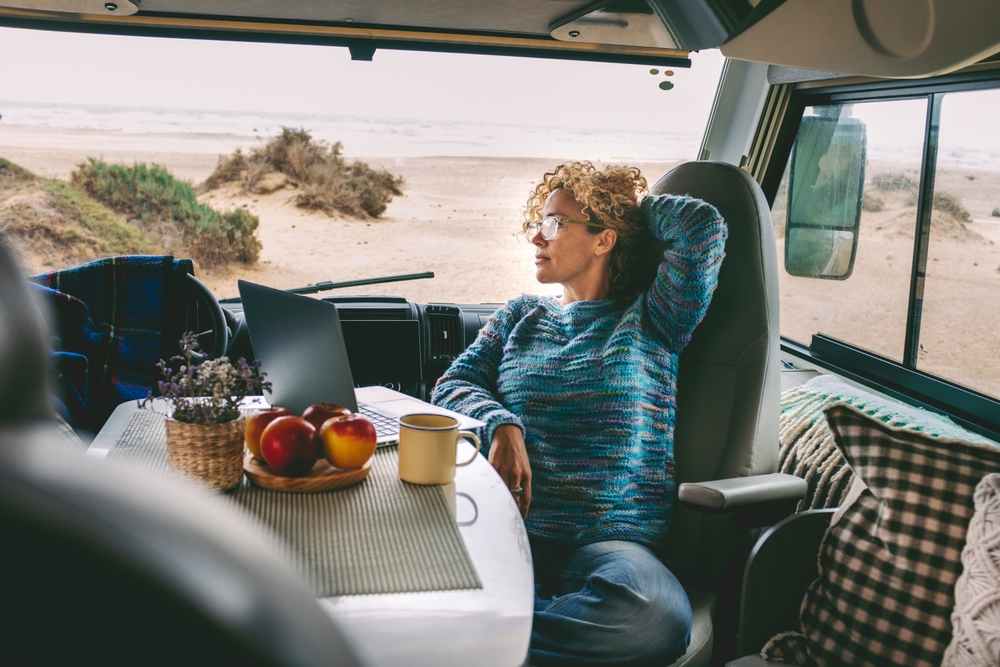
A backyard shed is one of the most versatile structures on any property. While it’s often used for storing tools, lawn equipment, and gardening supplies, a little creativity can transform it into so much more. Whether your old shed is collecting dust or you’re planning a new build, there are countless ways to turn it into a functional and beautiful part of your home.
Here are six inspiring ideas to repurpose your garden shed into something truly special.
1. Create a Home Office or Studio
With more people working from home than ever before, converting a shed into a home office is one of the most practical upgrades you can make. A quiet, detached workspace helps separate home life from work life, boosting focus and productivity.
Add insulation, proper lighting, and electrical outlets for a comfortable setup. You can even include large windows or French doors to let in natural light and create a peaceful, inspiring environment. Artists, writers, and freelancers will find this especially appealing as it provides a dedicated creative zone away from household distractions.
2. Build a Relaxing Garden Retreat
Sometimes, all you need is a small space to unwind. Turn your shed into a mini getaway — a cozy reading nook, meditation room, or hobby space. Paint the walls in soft colours, add a comfortable chair or daybed, and surround it with plants for a serene garden escape.
This kind of retreat doesn’t require major renovation. With minimal effort, your garden shed can become a personal sanctuary where you recharge after a long day.
3. Design a Backyard Bar or Entertainment Hub
If you enjoy entertaining, why not turn your shed into a social spot for friends and family? Add a counter, some shelving for glasses and beverages, and a mini fridge, and you’ve got a charming backyard bar.
Decorate with string lights, stools, and rustic décor to give it a relaxed, outdoor vibe. For families, you can easily adjust the setup into a games room or kids’ hangout zone. It’s a fun, affordable way to extend your living space and make the most of your backyard.
4. Transform It into a Greenhouse or Potting Shed
Garden enthusiasts can repurpose their shed into a dedicated space for growing and nurturing plants. With the addition of windows or skylights for sunlight, your shed can double as a greenhouse.
Include shelving for pots, soil, and seeds, and install a workbench for easy planting and repotting. It keeps your garden supplies neatly stored and gives you a place to work no matter the weather. For sustainability-minded homeowners, this is an excellent way to support a self-sufficient lifestyle.
5. Turn It into a Guest Room or Tiny House
If your shed is large enough and structurally sound, consider converting it into a guest room. Insulate the walls, add flooring, and install proper ventilation or air conditioning for comfort.
A fold-out bed, compact storage, and soft furnishings can create a cozy space for visitors without the need for costly home extensions. With careful design, it can even serve as a short-term rental or granny flat — adding both functionality and value to your property.
6. Build a Home Gym or Wellness Space
A shed can be the perfect solution for fitness enthusiasts who want a private workout space. Add rubber flooring, a few mirrors, and your favourite gym equipment, and you’ll have a convenient, weatherproof place to exercise.
If yoga or meditation is more your style, a minimalist setup with calming décor and soft lighting can transform the space into a peaceful wellness studio. This setup allows you to stay active and relaxed without ever leaving home.
Final Thoughts
Your shed doesn’t have to remain just a storage space. With a bit of imagination and planning, it can become one of the most valuable parts of your home — whether for work, leisure, or creativity.
From a backyard bar to a home office, a repurposed garden shed opens up endless possibilities. The best part? You can start small and expand over time, tailoring the space to suit your lifestyle and needs making your garden a space that improves your wellbeing.










